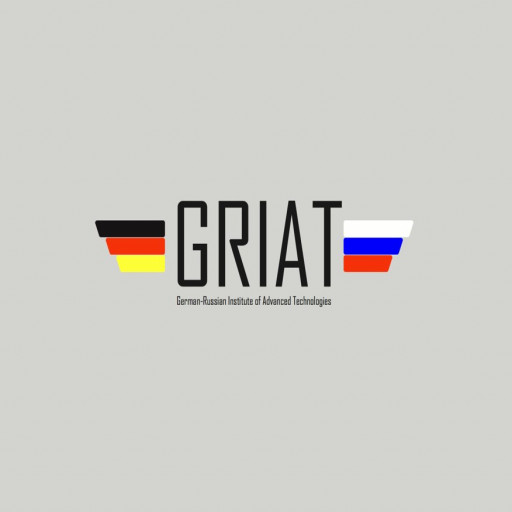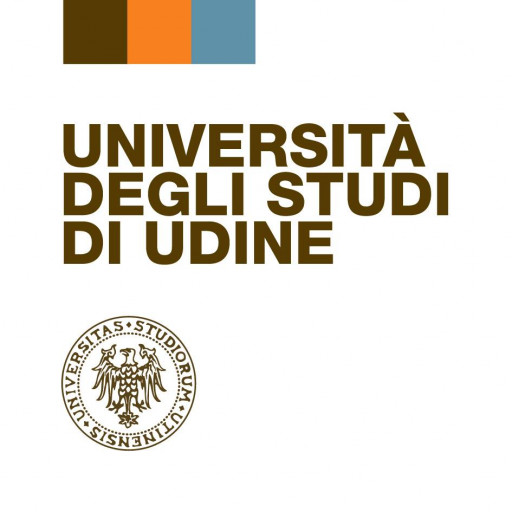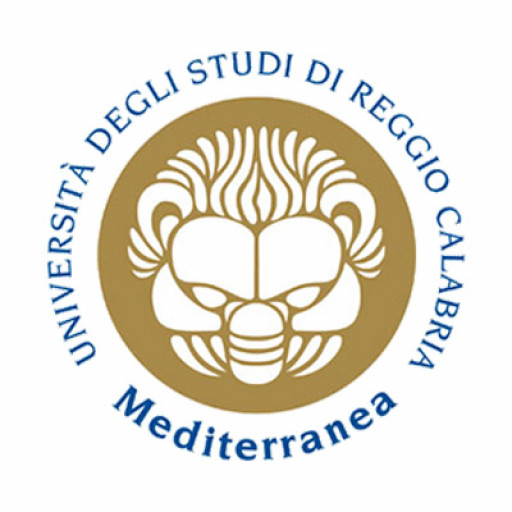The Bachelor's degree programme in Theory and Environmental Technology of Buildings at the Slovak University of Technology in Bratislava offers students a comprehensive education in the fields of building physics, environmental engineering, and sustainable construction practices. This multidisciplinary programme is designed to equip future professionals with the knowledge and skills necessary to optimize the design, construction, and operation of energy-efficient and environmentally friendly buildings. Students will explore a broad spectrum of topics, including building thermodynamics, indoor air quality, renewable energy sources, energy management, and innovative building materials. The curriculum emphasizes the importance of sustainable development and aims to prepare graduates to contribute effectively to the creation of environmentally conscious and energy-saving building solutions in both private and public sectors. Throughout the programme, students engage in practical laboratory work, design projects, and internships that foster real-world experience and teamwork. The programme also highlights the latest technological advances such as smart building systems, passive housing design, and green building certification processes. Graduates of this programme will be well-equipped to pursue careers in architectural firms, construction companies, consulting agencies, or research institutions focused on sustainable building practices. They will be capable of analyzing and solving complex engineering problems related to building performance, indoor climate control, and environmental impact reduction. The programme's innovative approach merges theoretical foundations with practical applications, ensuring that graduates are ready to meet the demands of a rapidly evolving industry committed to sustainability and energy efficiency. The Slovak University of Technology in Bratislava provides state-of-the-art laboratories, experienced faculty, and a vibrant academic community dedicated to supporting students' professional growth. This qualification opens pathways to advanced studies, including master's and doctoral programmes, further deepening expertise in building sciences and environmental technologies. Emphasizing a combination of technical knowledge, environmental consciousness, and practical skills, the programme prepares graduates to be leaders in shaping a sustainable built environment.
The "Theory and Environmental Technology of Buildings" program at the Slovak University of Technology in Bratislava offers a comprehensive curriculum designed to equip students with an in-depth understanding of the principles underlying building design, construction, and environmental sustainability. The program focuses on equipping future engineers and architects with the knowledge necessary to develop energy-efficient, sustainable, and environmentally friendly building solutions. Throughout the course, students explore a wide range of topics including building physics, sustainable material use, energy systems, HVAC technologies, and renewable energy integration. They gain practical skills through laboratory work, design projects, and internships, allowing them to apply theoretical knowledge to real-world challenges.
The program emphasizes modern environmental technology in buildings, such as green roofs, passive house principles, and smart building systems. Students learn about the impact of building design on environmental quality and human health, addressing issues related to energy conservation, resource efficiency, and ecological footprint reduction. The curriculum also includes courses on building acoustics, indoor comfort, and modern construction materials, preparing graduates to create innovative building solutions that meet current and future environmental standards.
Research components encourage students to participate in ongoing projects related to sustainable building technology, fostering an innovative mindset. Graduates of the program are prepared to work in multidisciplinary teams on the design, planning, and implementation of environmentally conscious building projects. They can find careers in architectural offices, construction companies, energy consulting firms, and public administration bodies focused on sustainable development. The program aims to produce professionals capable of contributing to the development of smarter, greener cities and better living environments, aligning with global efforts to combat climate change and promote sustainable architecture.
Program requirements for the Theory and Environmental Technology of Buildings at the Slovak University of Technology in Bratislava are designed to ensure that applicants possess the necessary academic background and competencies to successfully complete the degree programme. Prospective students are typically required to have completed secondary education with a strong emphasis on science and mathematics, particularly in physics, chemistry, and mathematics, which are fundamental to understanding building physics, materials science, and environmental technology. Applicants must submit a completed application form along with certified copies of their Secondary School Leaving Certificate or equivalent qualifications, demonstrating their readiness for university-level studies.
In addition to academic credentials, applicants are often expected to demonstrate proficiency in English or Slovak language, depending on the language of instruction, by submitting standardized language test results such as TOEFL, IELTS, or state language certificates, unless they have completed previous education in these languages. Some programmes may also require a motivation letter, outlining the applicant’s interest in building physics and environmental technology, and sometimes letters of recommendation from teachers or previous employers.
Admission may be competitive, based on the applicant’s academic records, motivation, and relevant experience. For international students, additional requirements may include approval of the credentials by the Slovak Ministry of Education or equivalent authorities. The programme might also prefer students who have completed coursework related to environmental sciences, architecture, civil engineering, or related fields.
Applicants should ensure that all documents are submitted before the deadline specified by the Admissions Office. Meeting the minimum requirements does not guarantee admission, as the selection process evaluates the overall suitability of applicants, their academic achievement, and motivation. The programme also encourages applicants with relevant work experience or extracurricular activities in the field of environmental building technology, sustainable development, or related areas, as these can positively influence selection outcomes. Overall, the programme aims to select motivated, qualified students capable of pursuing specialized studies in environmental building technology, contributing to sustainable construction practices and environmental protection.
The financing of the "Theory and Environmental Technology of Buildings" program at the Slovak University of Technology in Bratislava is primarily supported through a combination of university funding, government resources, and student contributions. As part of the Slovak university system, the program benefits from state budget allocations allocated to higher education institutions to ensure high quality of education and research activities. These funds are used to cover faculty salaries, laboratory and classroom facilities, educational materials, and research projects related to environmental technology and sustainable building design. Additionally, the university actively collaborates with industry partners, construction companies, and environmental organizations to secure external funding, grants, and sponsorships that support specific courses, research initiatives, and infrastructure upgrades directly related to the program's focus areas.
Students enrolled in the program may also have access to scholarships, grants, and financial aid offered by the Slovak Republic, the European Union, and international bodies aimed at promoting higher education in environmental sciences and engineering. These financial supports are designed to reduce the economic barriers for students and to encourage more applicants to pursue studies in environmental technology and sustainable building design. The program might also include provisions for Erasmus+ mobility grants, enabling students and faculty to participate in international exchanges, which are partially funded by European financial mechanisms.
Furthermore, the university endeavors to develop projects that generate income, such as consulting services, research collaborations, and technical evaluations for external clients, which indirectly contribute to the financial stability of the program. The program's curriculum emphasizes practical skills and applied research, fostering partnerships that can lead to contract work or specialized training programs funded by industry stakeholders. Overall, the financing framework of the "Theory and Environmental Technology of Buildings" program integrates governmental support, university resources, external funding sources, international grants, and Marie Skłodowska-Curie actions to sustain its quality and innovation in education and research in environmental building technologies.
The Theory and Environmental Technology of Buildings program at Slovak University of Technology in Bratislava is a comprehensive field of study dedicated to the sustainable design, construction, and operation of buildings. This program emphasizes understanding traditional and modern building technologies, energy efficiency, renewable energy sources, and environmental impact assessment, aiming to prepare graduates for addressing contemporary challenges in urban development and environmental protection. Students explore core disciplines such as building physics, thermal technology, acoustics, lighting, and ventilation, integrating these with environmental management practices to optimize building performance. The curriculum includes theoretical lectures, practical laboratories, and project-based learning, enabling students to develop innovative solutions for energy-efficient and environmentally friendly buildings. Graduates are equipped with skills to participate in the design, construction, and assessment of buildings that meet modern standards for sustainability and comfort, aligning with EU directives and global environmental goals. The program also emphasizes the use of advanced simulation tools and software to model building behavior under various conditions, fostering a research-oriented approach. Collaboration with industry partners, internships, and participation in national and international research projects are integral parts of the program, facilitating real-world experience and networking opportunities. Graduates find employment in architectural and engineering firms, construction companies, research institutes, and governmental agencies focused on environmental policies and sustainable development. The program's strong research component includes possibilities for students to engage in innovative projects related to green building materials, energy conservation techniques, and environmental impact mitigation. Overall, the Theory and Environmental Technology of Buildings program prepares students for effective contribution to the development of sustainable built environments, promoting ecological responsibility while ensuring technical excellence.







